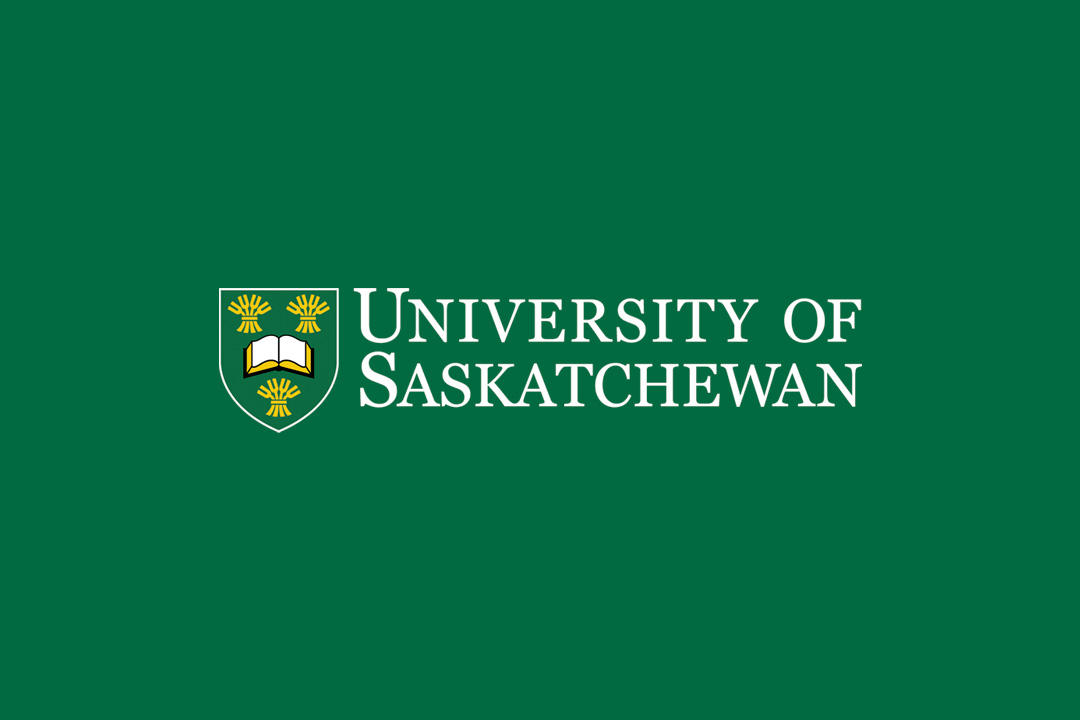
USask implements Indigenous membership/citizenship verification policy
The deybwewin | taapwaywin | tapwewin: Indigenous Truth Policy recognizes the inherent right of Indigenous Peoples to determine membership/citizenship verification with documentation through their governance, customs, traditions, and procedures
A policy focused on Indigenous citizenship/membership verification through documentation is now in the implementation phase at the University of Saskatchewan (USask).
USask has launched a new website to share information about the deybwewin | taapwaywin | tapwewin: Indigenous Truth policy, which ensures that a verification with documentation process will be completed by Indigenous people holding Indigenous-specific employment positions, student scholarships, or other forms of material advantage created for Indigenous Peoples. Verification documentation will be required for all incoming assertions of Indigenous membership/citizenship by members of the university community where that claim may result in a material advantage or where the absence of verification would be otherwise contrary to the principles recognized in this policy.
Verification with documentation can take many forms, and these will be defined by Indigenous governments. Examples of verification with documentation can be, and are not limited to, a letter from a community’s governance body, an Indigenous government-issued membership or citizenship card, or a status card issued by Indigenous Services Canada. Prior to the implementation of deybwewin | taapwaywin | tapwewin at USask, verification of Indigenous membership/citizenship relied upon self-identification.
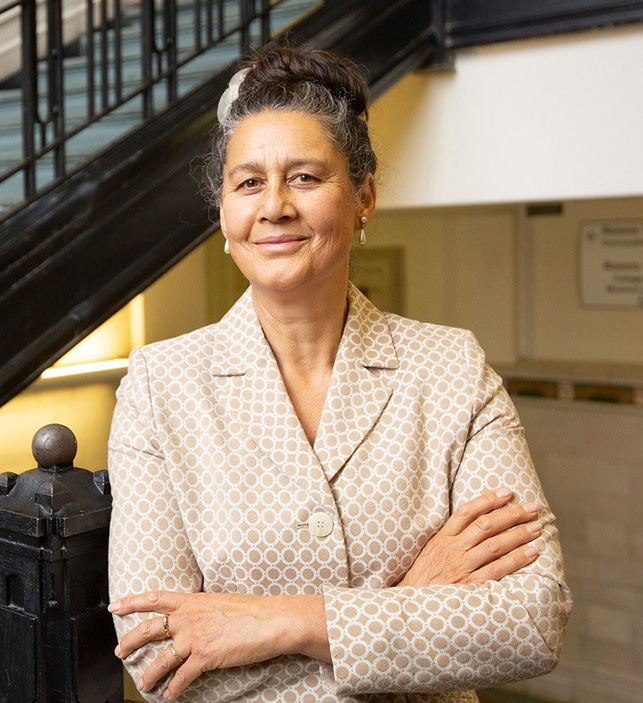
Dr. Airini (PhD), USask’s provost and vice-president academic, noted the deybwewin | taapwaywin | tapwewin policy recognizes the right of Indigenous Peoples to determine their own membership/citizenship in accordance with their governance structures, customs, traditions, and procedures. The policy aligns with USask’s commitment to transformative decolonization leading to reconciliation, one of the aspirations central to the University Plan 2025.
“We appreciate that Indigenous governments will guide the university on the membership/citizenship verification with documentation. The university will respect and honour these decisions,” said Airini. “Our university community is very grateful for this wisdom and support from Indigenous governments, and we look forward to continued collaboration as we implement the policy together in a good way.”
The policy was approved by the USask Board of Governors on July 8, 2022. The name of the policy, deybwewin (Saulteaux)| taapwaywin (Michif)| tapwewin (Cree), means truth—truth to self, truth to each other, truth to the ancestors, and truth to the land. Its creation was guided by a task force of Elders, Knowledge Keepers, Language Teachers, and other Indigenous community and campus leaders.
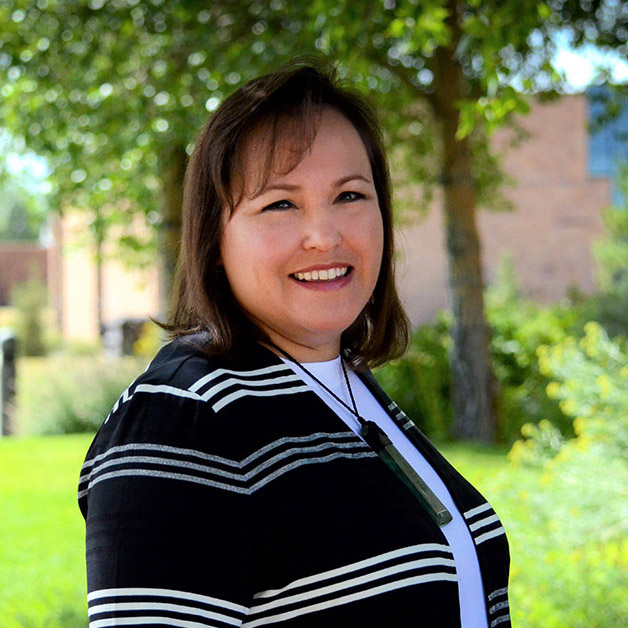
Dr. Angela Jaime (PhD), USask’s interim vice-provost of Indigenous engagement, chaired the task force and is now chairing a permanent Indigenous-led standing committee that will play an integral role in the implementation of the policy.
USask is committed to working with Indigenous governments as the new policy is implemented on campus, said Jaime, noting the university will support Indigenous people who may not possess documentation for a variety of reasons, including displacement through past governmental policies, laws, and colonization. In situations where Indigenous government-approved documentation is not available, the deybwewin | tapwewin | taapwaywin Standing Committee will guide and support the individual and the university through a verification process.
USask faculty member Dr. Kurtis Boyer (PhD), a citizen of the Métis Nation-Saskatchewan, served on the task force and is now a member of the standing committee. Boyer said it was important that the process of creating the deybwewin | taapwaywin | tapwewin policy was Indigenous-led and included Elders, community members, and USask faculty working together.
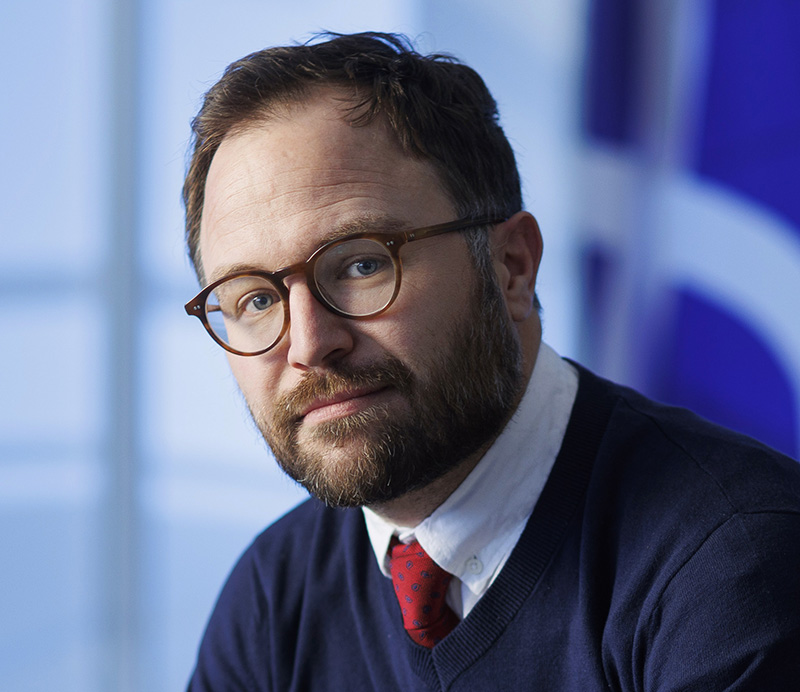
“As a faculty member, I think it’s good that this process brings in community to help with this initiative and to implement this policy,” he said. “As a Métis person, I am very proud of this policy. It is not only the right of my government—it is the responsibility of my government—to have this process to define its members. I like that the university acknowledges it is the responsibility of my government to determine that.”
Boyer, a political scientist working in the areas of Indigenous governance and political psychology at USask’s Johnson Shoyama Graduate School of Public Policy, holds the first Research Chair in Métis Governance and Policy. He described the deybwewin | taapwaywin | tapwewin policy as “innovative.” He said he’s pleased to see a publicly funded institution implement it.
“I can see other institutions following suit,” he said.
Elder Harvey Thunderchild, cultural co-ordinator in the Office of the Vice-Dean Indigenous Health and Wellness at USask’s College of Medicine, also served on the task force and is now a member of the standing committee. Thunderchild, a member of the Thunderchild Cree Nation in Saskatchewan, was raised in his community by Elders. He said he was pleased that Elders helped guide the process of creating the deybwewin | taapwaywin | tapwewin policy, in collaboration with Indigenous USask faculty and Indigenous community members.
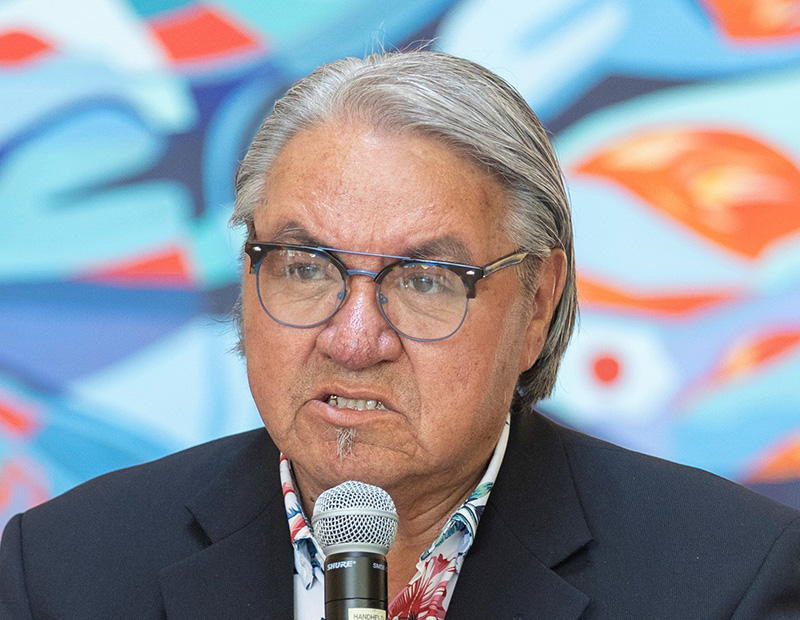
“It’s been a good experience,” he said.
Thunderchild sees the deybwewin | taapwaywin | tapwewin policy as a model for other institutions in Canada and beyond. Honesty and integrity are important to Thunderchild, and this policy aligns with his personal mission to support Indigenous students and to encourage them to connect with their roots and celebrate their cultures.
“You should be proud of who you are,” Thunderchild said.
Jaime said consultation with and requests for guidance from Indigenous governments will continue as the policy is implemented—specifically in Saskatchewan, where USask’s main campus is situated on Treaty 6 Territory and the Homeland of the Métis.
Read the full deybwewin | taapwaywin | tapwewin: Indigenous Truth policy here.

